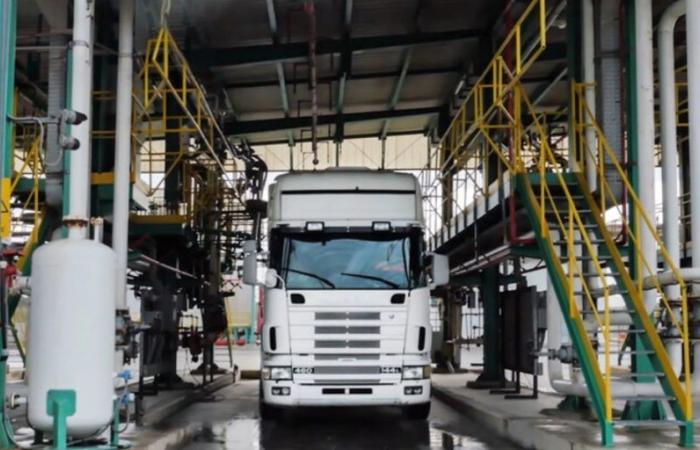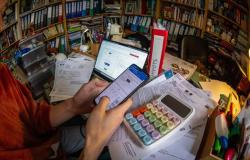Already present in Africa, where its oil marking solutions have enabled countries like Uganda and Tanzania to make clear progress in the fight against fuel fraud, the Swiss company SICPA is now the world leader in the field.
Since 2016, the group has been deploying its fuel integrity solutions throughout the world. Europe, Asia, Africa and the Middle East: the group is now “ world leader in fuel marking by volume, with more than 60 billion liters marked per year “. And therefore helps to respond operationally to the scourge of oil smuggling, which causes the loss of more than 130 billion dollars of fuel each year.
« The benefits of SICPA’s solution are recognized by government authorities around the world. We provide public authorities with high-speed forensic detection services in the field, resulting in court-admissible evidence,” rejoices Omar Messlem, head of the group’s fuel marking department. In short, SICPA has high-strength forensic markers, introduced into fuels at all points of entry into a territory. They allow inspection vehicles equipped with analyzers to precisely quantify, in less than five minutes, the level of markers in petroleum products throughout the supply chain. And therefore to verify its integrity. To strengthen its expertise, the group also announces that it has established a global strategic partnership with SGS, another Swiss group, also among the world leaders in fuel marking.
These African countries which are successfully banking on marking and traceability solutions
In Uganda, a Central African country where SICPA has operated since 2008, the fuel integrity program (“ fuel integrity program » or FIP) has thus enabled an increase of more than 500% in the collection of excise duties on fuels. Thanks to the technologies of “ fuel marking » developed by SICPA, the adulteration of petroleum products has collapsed in the country, going from a rate of 29% to less than 1% in 2021. At the same time, duties on petroleum products have recorded an increase of + 24% after just the first year of operation of the FIP — a historic record. “Our solution also allows governments to manage their strategic oil reserves, preserve their energy independence and help maintain national security by avoiding fuel shortages.», summarizes Omar Messlem.
The results are just as spectacular in Tanzania, where SICPA has been deploying its marking technologies for more than a decade. In this neighboring country of Uganda, fuel tax revenues have increased by more than $870 million since 2010. Likewise, while around thirty service stations had to be closed by the authorities who suspected them of tax fraud, SICPA’s marking and integrity solutions would have enabled their reopening in 2021 and the resumption of their activities. In the Philippines, where SICPA has implemented its system, total tax collection is now close to a trillion pesos, with fuel tax revenues increasing in a few years from 126.5 billion pesos to 246 billion for a declared quantity of 12.1 billion liters annually to 20 billion in five years, according to recent data from theManila Bulletin.
Traffic that costs $133 billion per year
The annual value of fuel stolen, adulterated or swindled from oil companies would indeed reach 133 billion dollars worldwide, according to data from theUnited Nations University Institute for Development Economics Research. Relatively little publicized, because wrongly considered as “locales“, the problems linked to the illicit fuel trade nevertheless have deleterious consequences, which transcend borders.
Beyond the immediate financial losses, these various phenomena fuel international crime, with revenue from trafficking participating, in particular, in the financing of terrorist groups. Smuggling also and above all deprives the public authorities of significant tax revenues – and therefore the populations of the means of their development -, threatens national security and harms, due to the poor quality of adulterated fuels, the environment or even the vehicles using it.
whatsapp Receive recent economic news on your WhatsApp






